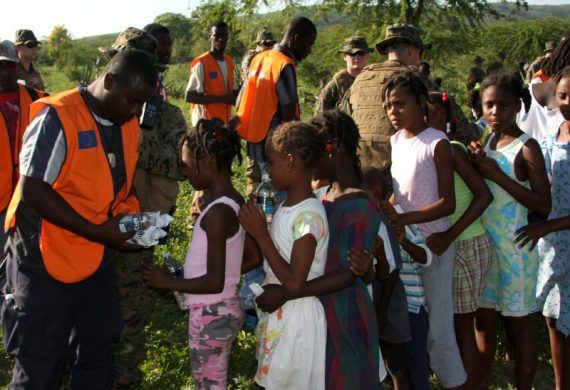I am a firm believer in making journeys, taking steps far out of my comfort zone for the sake of learning and seeking new experiences. That rule applies to both physical and intellectual spaces.
So, when an opportunity for a short-term assignment with a major international non-governmental organization (INGO) came up, I packed my bags and headed to Europe.
This wasn’t much about the big money we are made to believe awaits you there, though the pay was decent. The thing no one prepares you for, and which is rarely talked about in-depth is what it means to be an African in an institution operated by a white majority.
Growing up in Uganda and working mainly in the Great Lakes region of East Africa, I had not much of an idea of what this would mean. While I was aware of the dynamics in the development sector back home, as satirically depicted in the film “N.G.O – Nothing Going On” by Arnold Aganze, a filmmaker originally from Eastern Congo, I was yet to experience life as a minority.
After the Oxfam storm
Internationally, we have seen a few shake-ups in the last few months since the revelations of the Oxfam sex scandal in Haiti, where international NGO workers paid local women for sex.
Following this storm and few other high-profile abuse cases in the international aid sector, Angela Bruce-Raeburn, the former Senior Policy Advisor for the Humanitarian Response in Haiti at Oxfam America penned one of the most relatable responses.
Bruce-Raeburn’s ‘But wait until they see your black face’, which examined inclusion and racism in the sector, resonated strongly with me. And the responses of other black women in the sector about the mental gymnastics and marginalization one has to engage in to survive were all too familiar.
Læs resten af artiklen hos Global Voices














